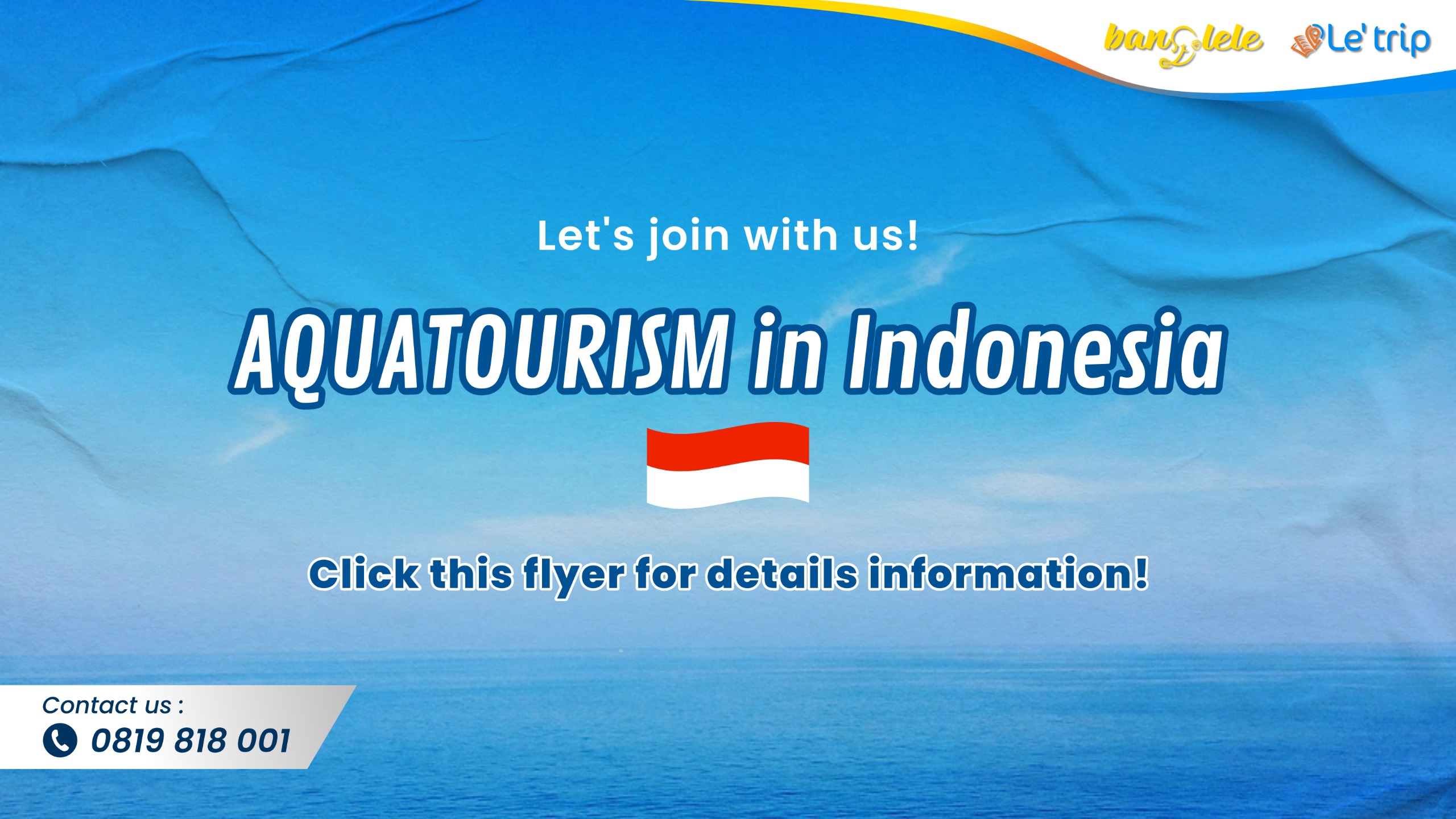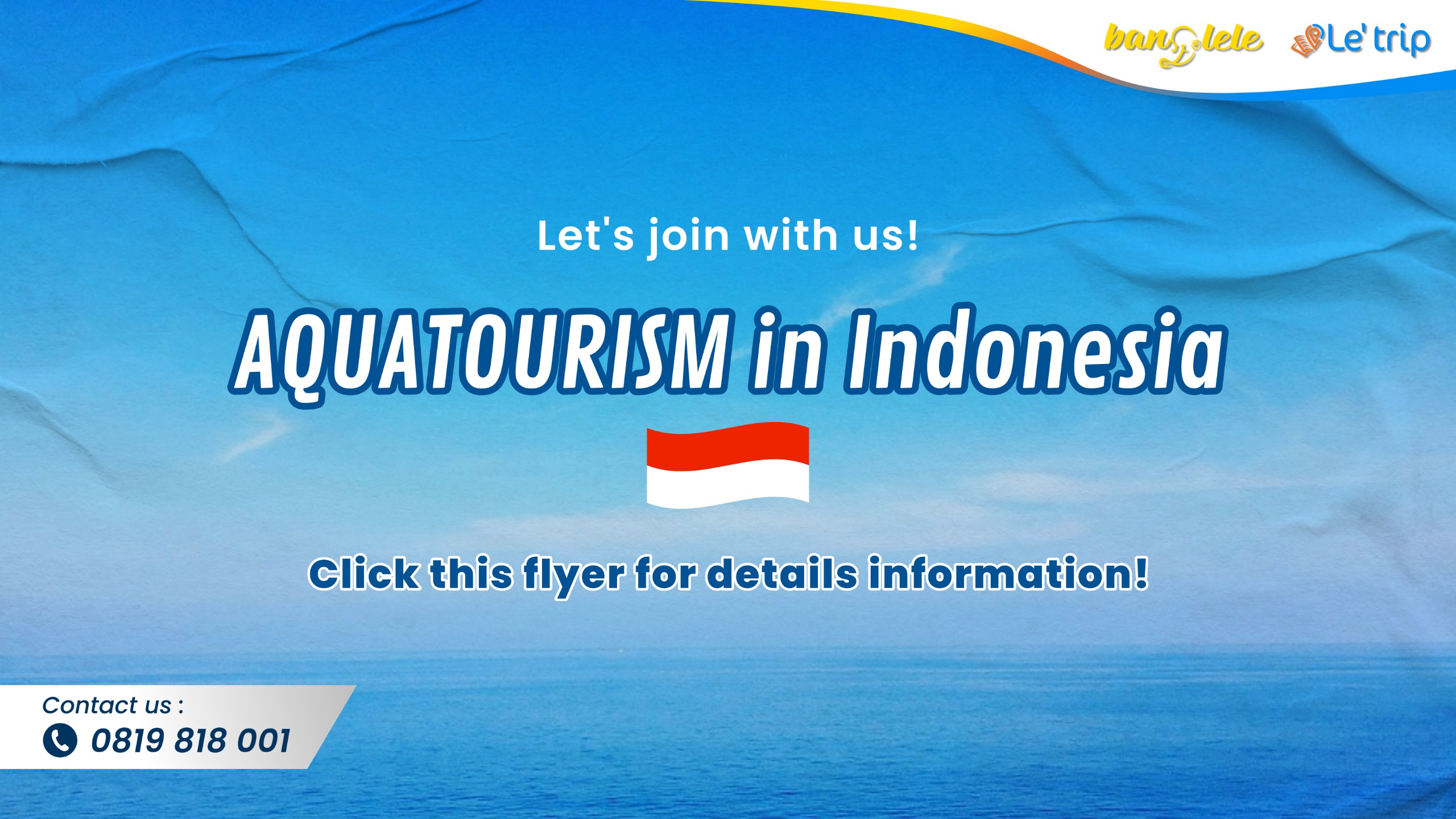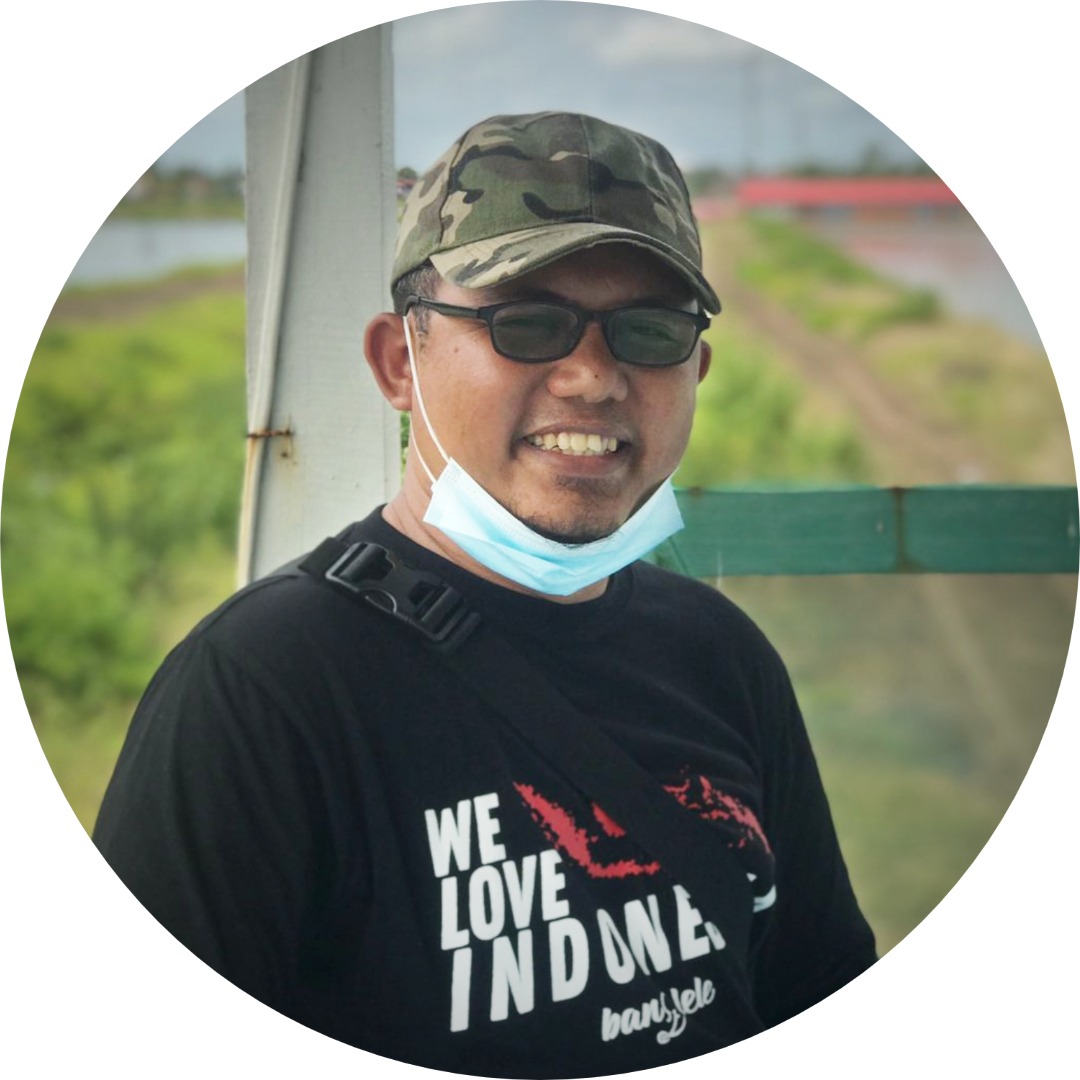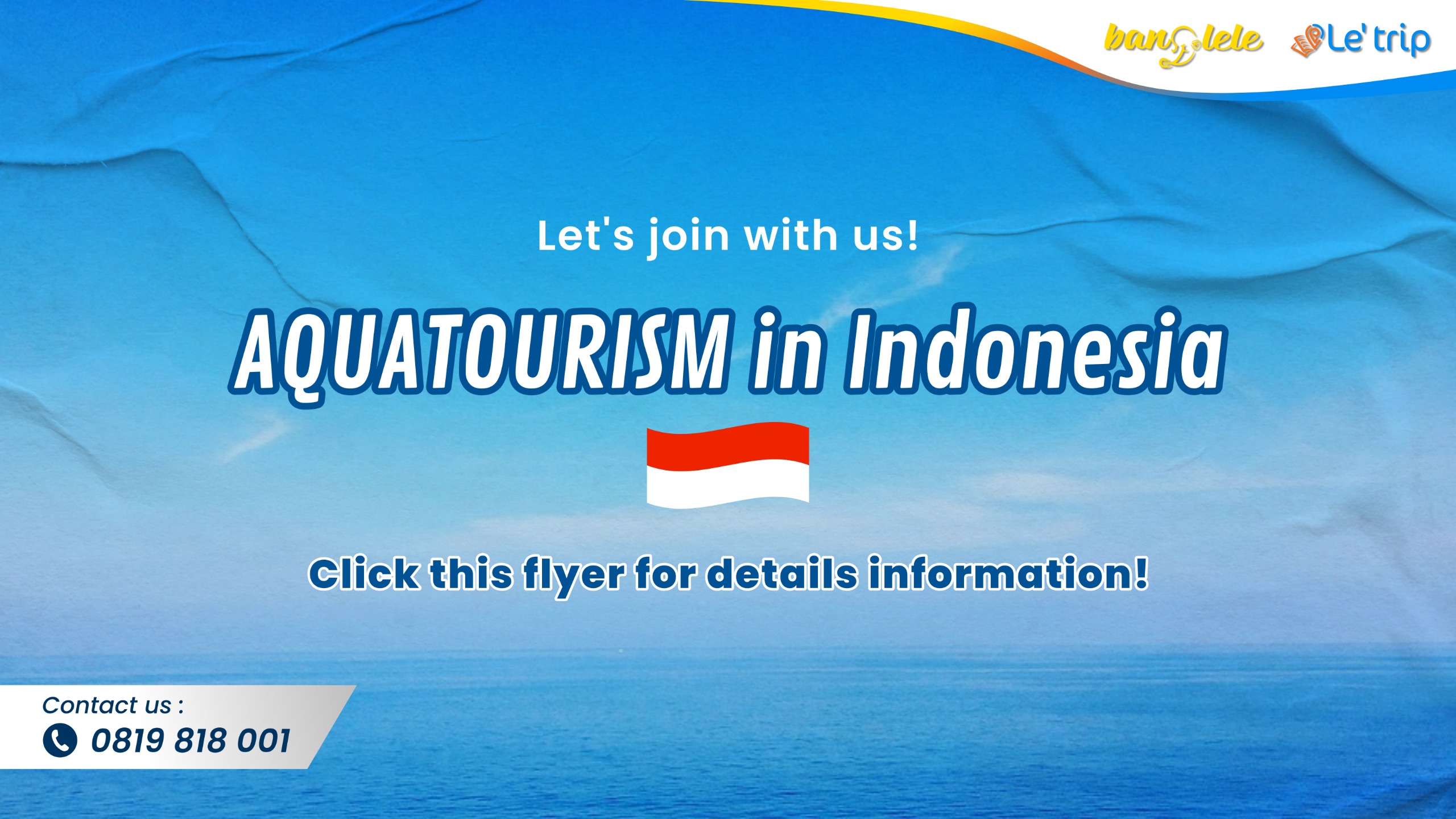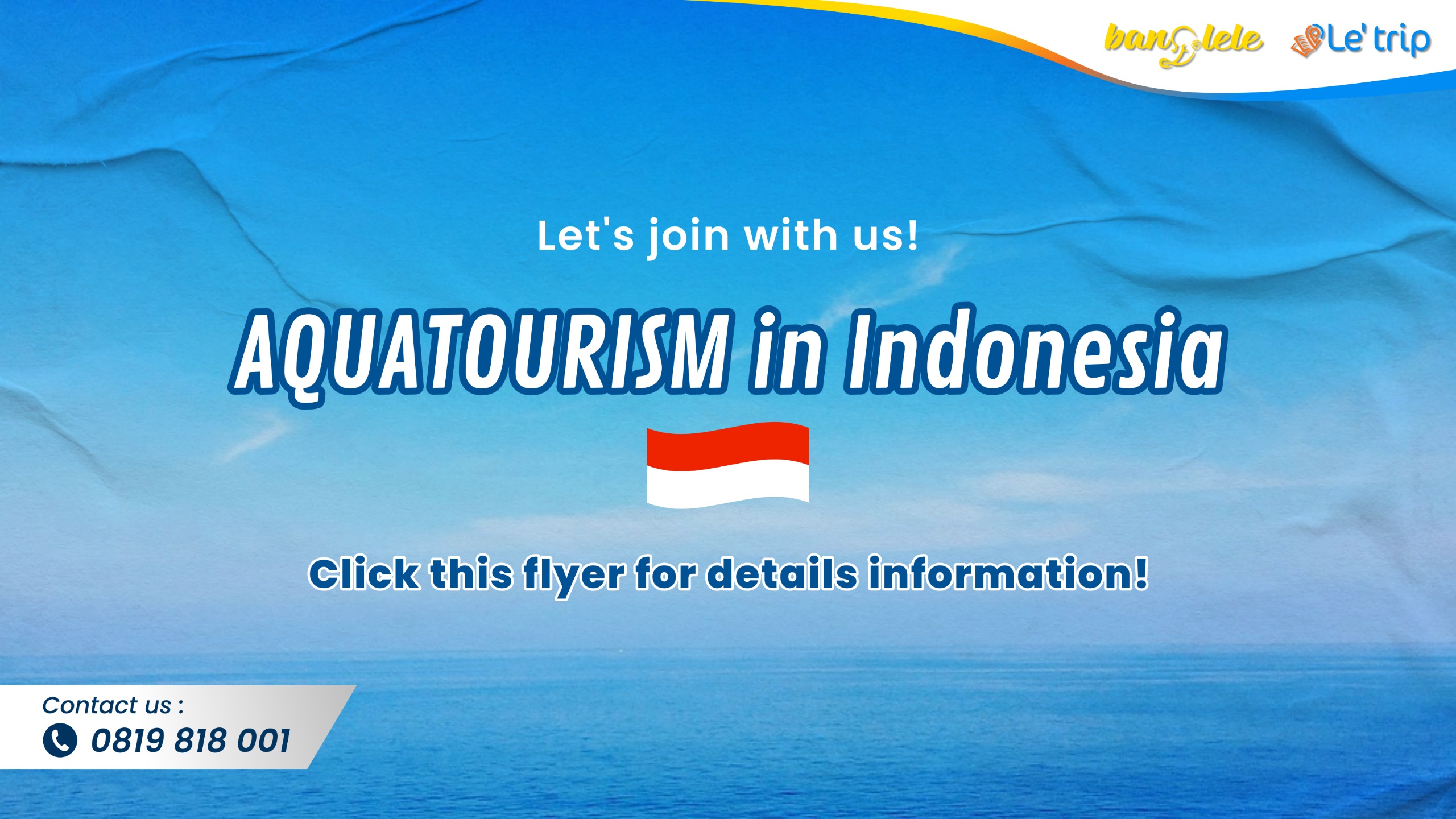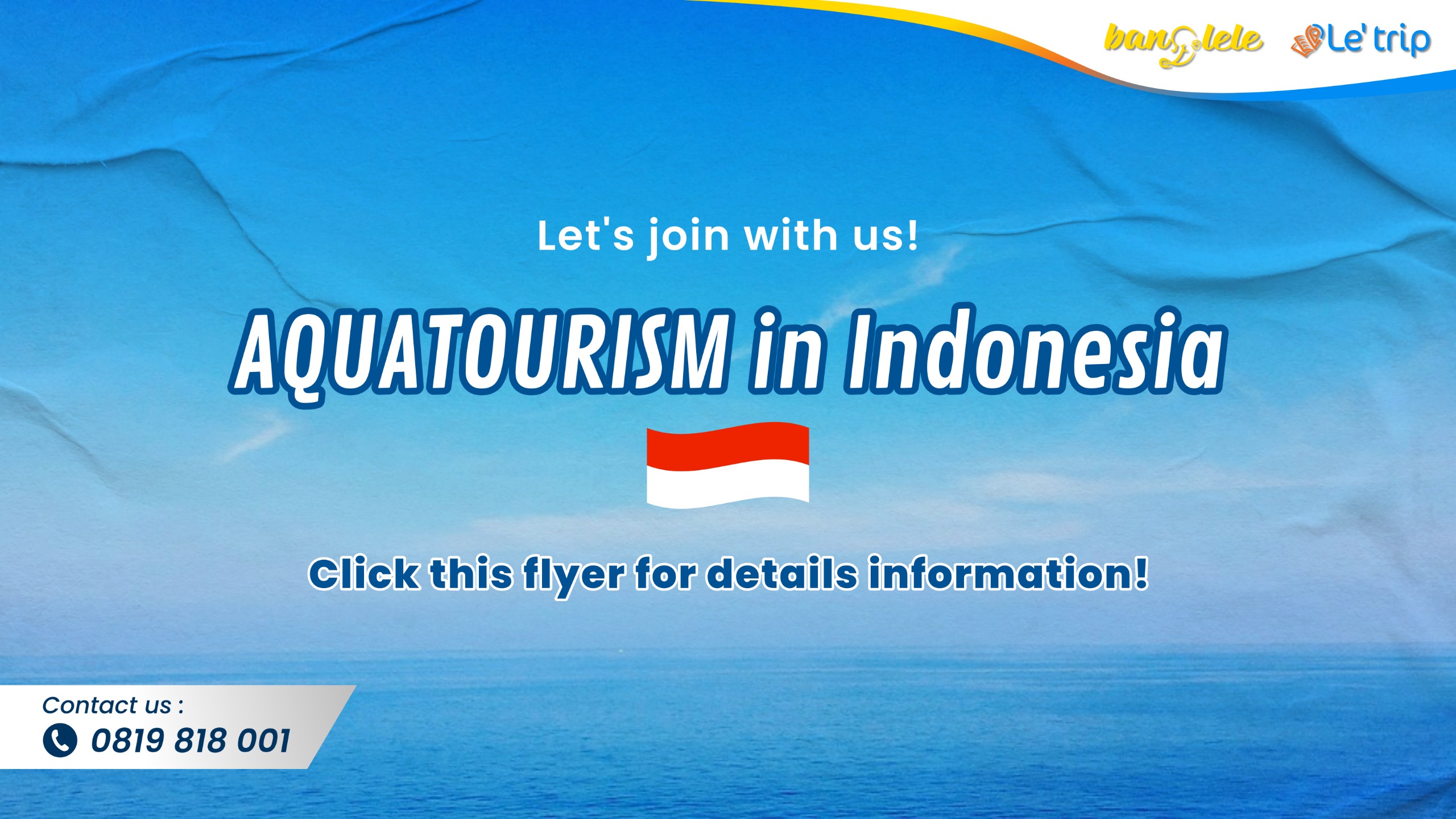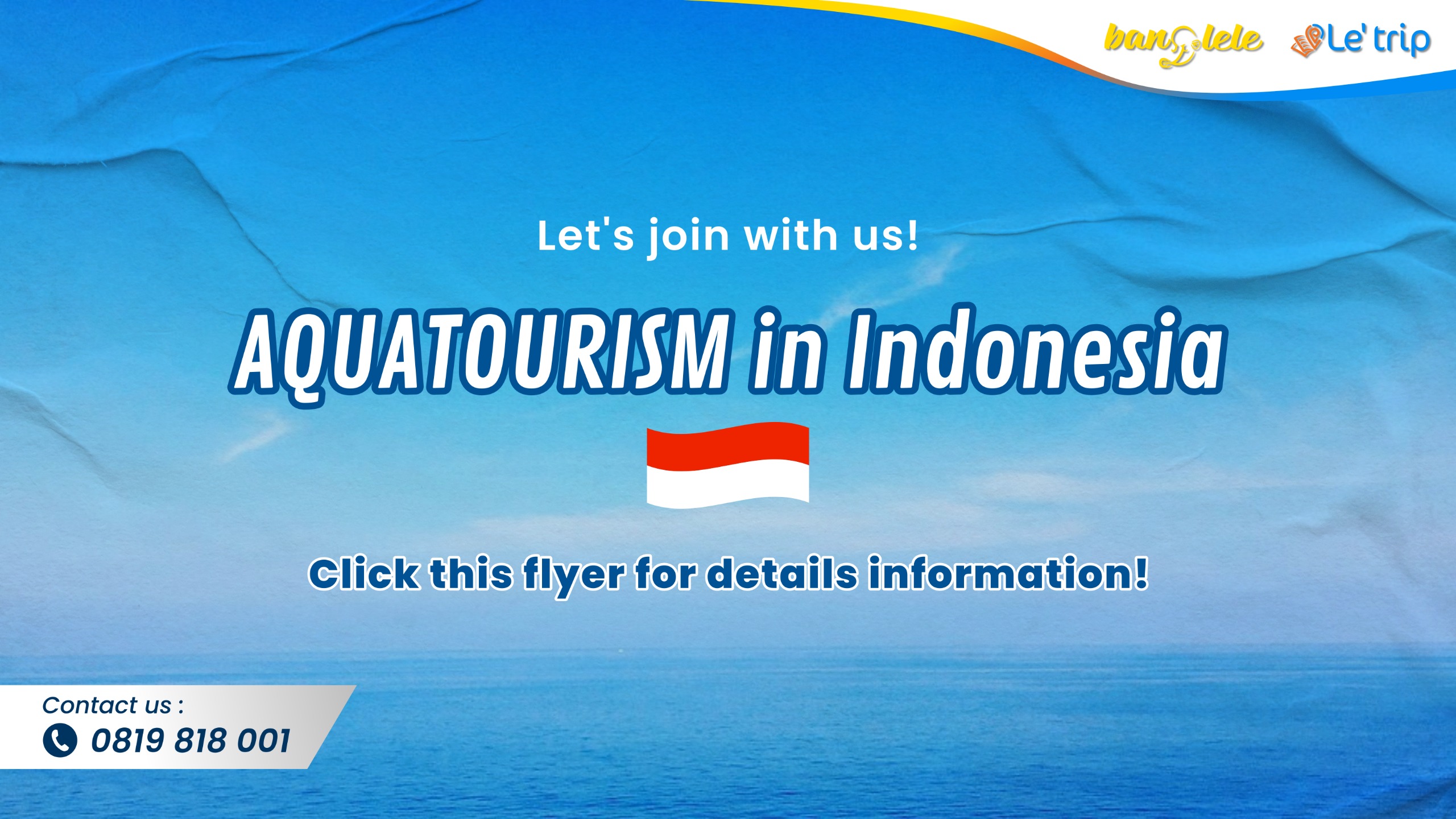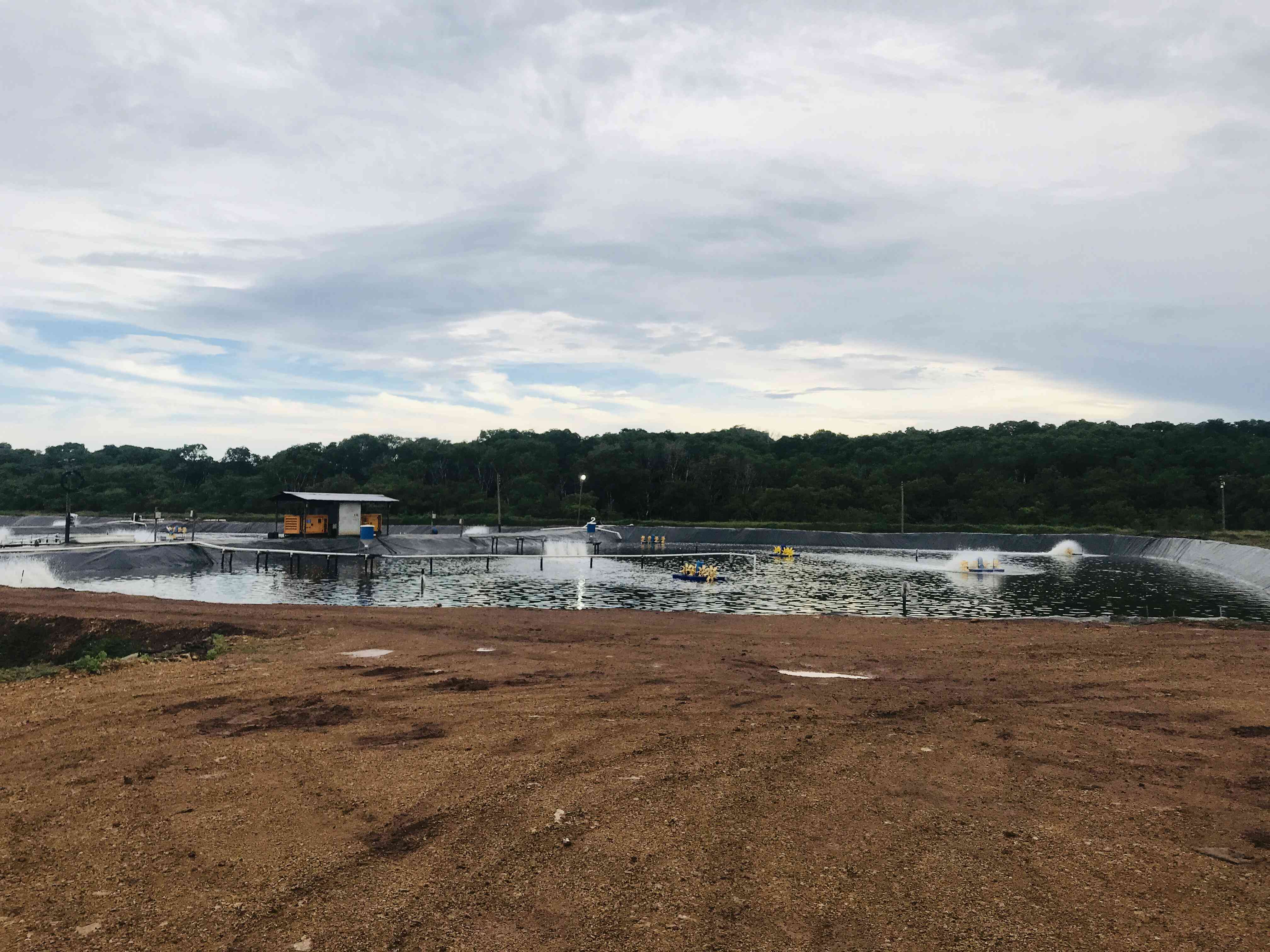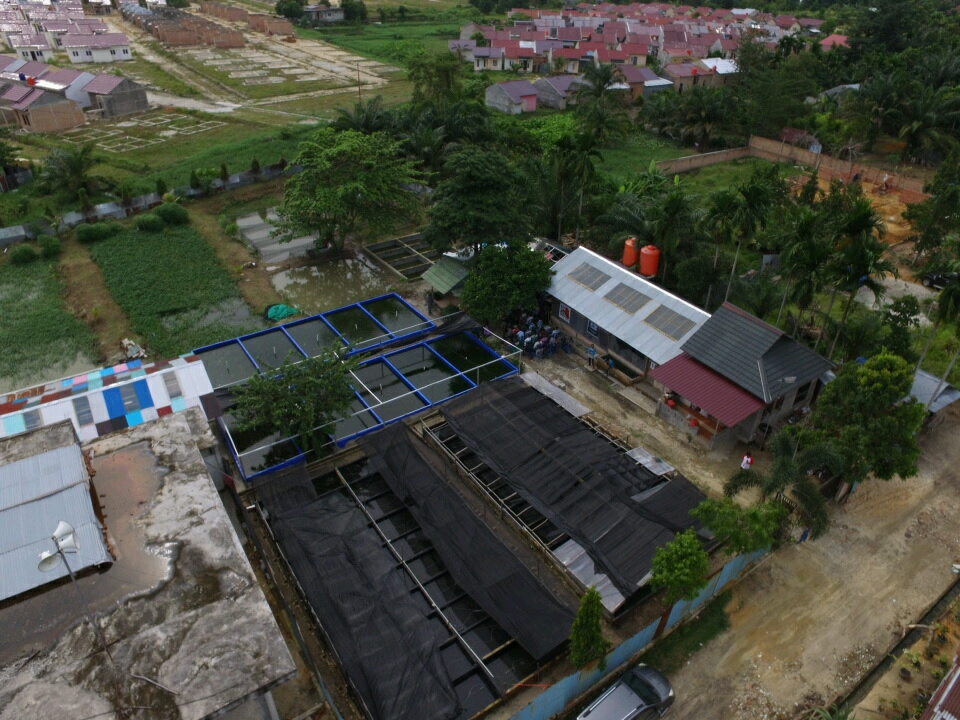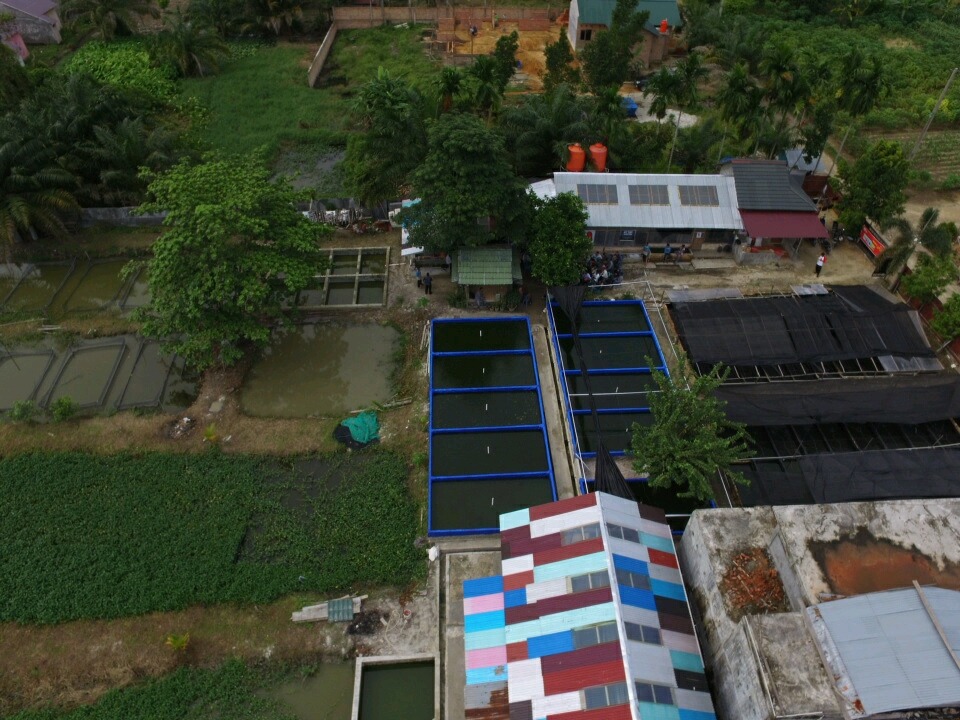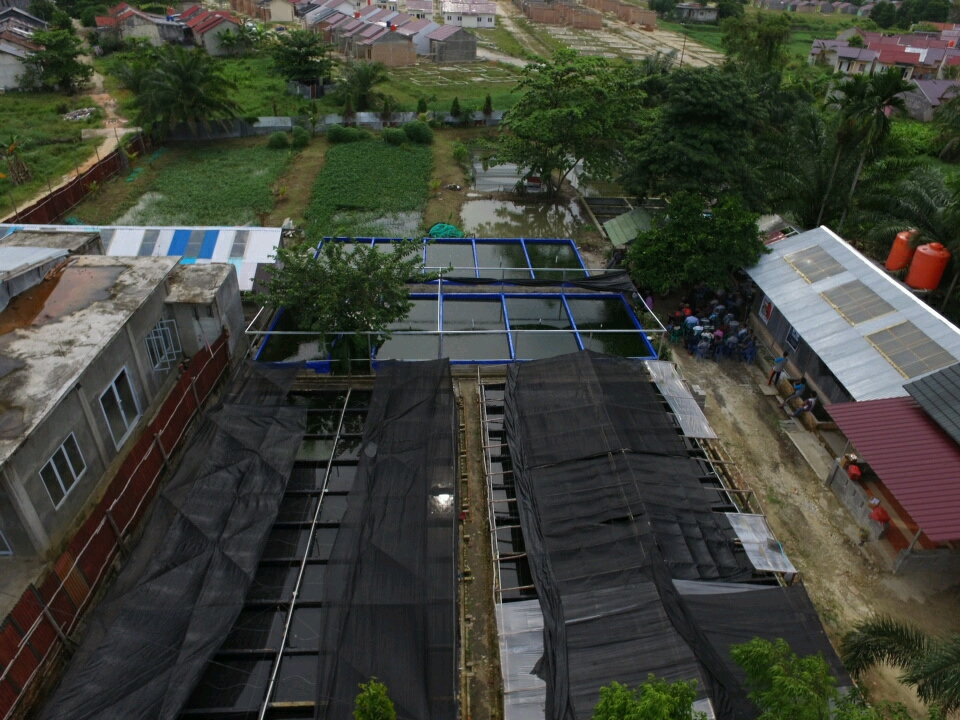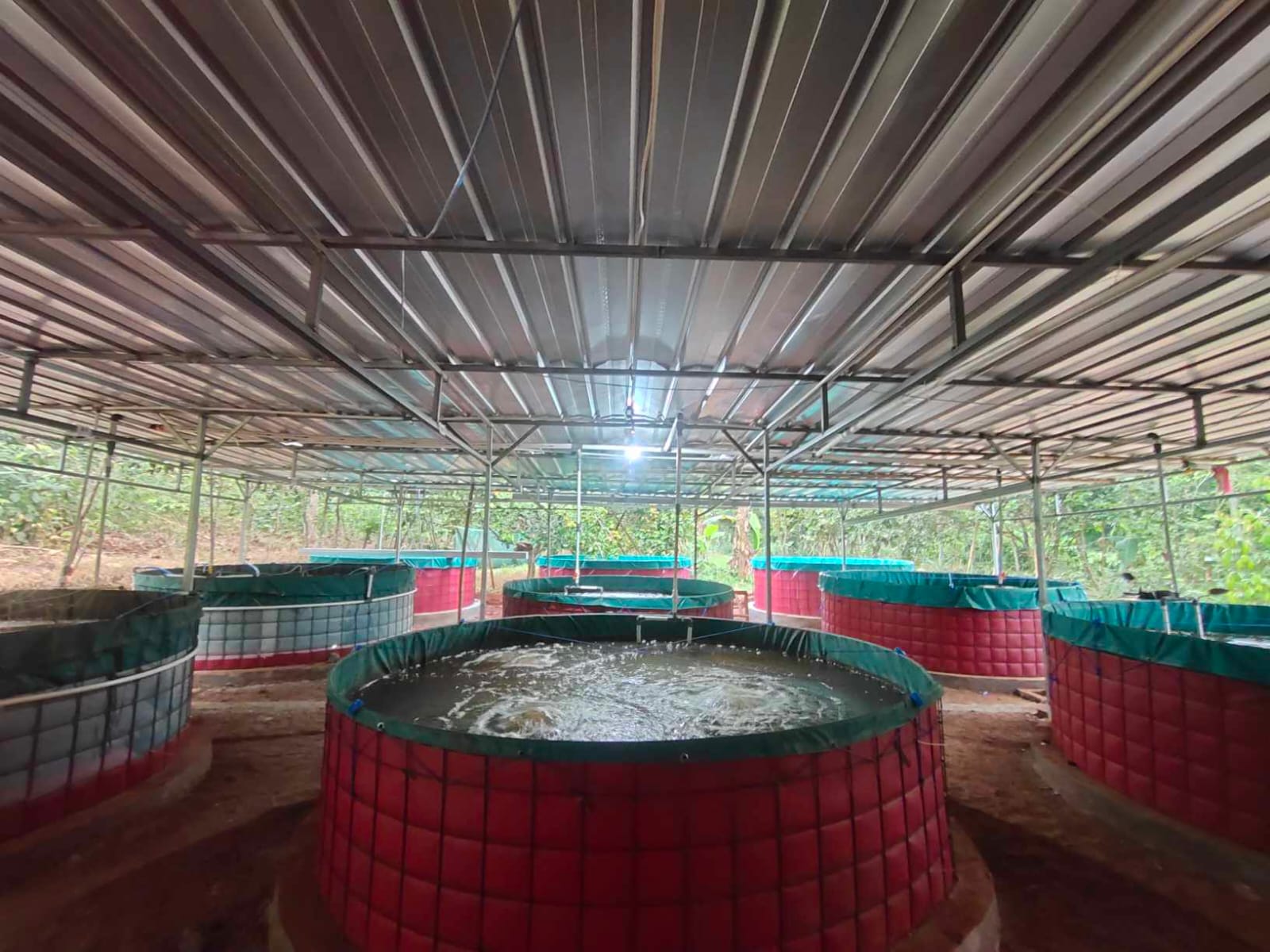Madagascar, an island nation off Africa's eastern coast, is home to a small yet vibrant Muslim community. Although Muslims remain a minority in Madagascar, their presence and growth show promising trends. According to the U.S. Department of State, Muslims comprise around 3 percent of the total population of 28.2 million. Other sources suggest the Muslim population could range from 15 to 21 percent, a figure that, though seemingly modest, holds significant influence in specific regions of Madagascar.
Most of Madagascar's Muslim community resides in the northern regions, particularly in Diana and Boeny provinces. The north serves as a cultural hub for Muslims in the country, with prominent mosques and lively religious celebrations. Cities in the northwest and southeast, such as Mahajanga (also known as Majunga), also have substantial Muslim populations. Here, Muslims form an integral part of the local culture and everyday life.
In Diego Suarez, located in Diana Province, the Islamic atmosphere is particularly evident. The city boasts a highly active Muslim community, with many women wearing hijabs and bustling crowds around mosques on Fridays. Friday prayer serves as a vital occasion for the Muslim community to come together for worship and strengthen social bonds, as Mr. Barkah Tri Basuki, 41, observed during a recent visit to Diego Suarez and other regions in Madagascar for aquaculture mapping.
In contrast, the capital city of Antananarivo has a very small Muslim community. The city has fewer than ten major mosques, underscoring the minority status of Muslims here. Despite their small numbers, Muslims in Antananarivo are devoted to maintaining their religious practices. Mosques serve not only as spiritual centers but also as social gathering spaces where Muslims sustain their faith amidst the city’s religious and cultural diversity.
This context sets the stage for innovative initiatives such as productive waqf projects in aquaculture, aimed at fostering financial independence and supporting sustainable da'wah through Quranic boarding schools. Such projects could empower local communities while strengthening Madagascar's Muslim heritage and fostering mutual understanding in a culturally rich and diverse society.
Socioeconomic challenges in Madagascar
Madagascar currently faces significant socioeconomic challenges. A major issue, and one of the primary concerns for both government and society, is the high level of poverty that affects many regions. Despite the country's abundant natural resources—such as fisheries, forests, and agriculture—these resources remain largely underutilized in efforts to improve the population’s welfare. The gap between Madagascar’s potential and the reality of its economic situation reveals a critical need for development, though the challenges extend beyond simply resource utilization. The lack of adequate educational infrastructure further hampers efforts to improve human resource quality and foster a competitive workforce.
Education remains a serious barrier to human resource development in Madagascar. Formal education is unevenly distributed, and many children in rural areas lack access to adequate schooling. Limited educational facilities, along with a shortage of qualified educators, contribute to low school participation rates and an overall reduction in education quality. This issue has a direct impact on the population's ability to improve their living conditions. Without access to quality education, Madagascar’s youth face significant barriers to contributing meaningfully to economic and social development. In this context, non-formal education initiatives, such as Quran memorization schools, offer a promising alternative to help address Madagascar’s human resource crisis.
Quran memorization schools, or Tahfizh schools, play a strategic role in fostering the potential of Madagascar's youth, particularly within the Muslim community. These schools not only focus on Quranic education but also incorporate moral and ethical values that are essential for shaping the character of the younger generation. One exemplary initiative is the Dar Ut Tawhid boarding school in Antananarivo, the capital. This institution goes beyond religious education, committed to developing well-rounded students with the skills needed to thrive in a globalized world. In addition to Quran memorization, Dar Ut Tawhid enriches its curriculum with English and Information Technology (IT) courses to equip students with skills relevant to today’s digital age.
Dar Ut Tawhîd Islamic Boarding School
Dar Ut Tawhid has a broader vision than religious instruction alone. By incorporating English and IT courses, students gain the tools necessary for communication and technological literacy, skills increasingly essential in the digital era. This type of education offers students an advantage, providing them with not only religious knowledge but also practical skills that can open economic opportunities in the future. The hope is that these young graduates will play an active role in improving their communities' quality of life. Moreover, the emphasis on etiquette and ethical behavior within the boarding school curriculum equips students to face future moral and ethical challenges with confidence and integrity.
Aquaculture development and education in islamic boarding schools
According to Barkah Tri Basuki, who recently conducted a survey of aquaculture potential in several regions of Madagascar, introducing aquaculture fundamentals within Islamic boarding schools (pesantren) could be a valuable innovation for the country. Madagascar has abundant fisheries resources that remain largely untapped. By integrating aquaculture education into the pesantren system, students (santri) can gain practical skills in fish farming and management. This initiative would not only broaden their knowledge but also offer santri the chance to contribute to local economic development in the future.
This program could be further strengthened with support from the Indonesian Embassy in Antananarivo, which could potentially offer scholarships for Malagasy students to study in Indonesian pesantren. Through these scholarships, santri would gain formal education and have the opportunity to deepen their skills in aquaculture and agribusiness, areas in which Indonesia has made significant strides. Additionally, student exchanges between Indonesia and Madagascar would create a dynamic platform for sharing agribusiness and aquaculture-based entrepreneurial practices, which have been successfully implemented in several Indonesian pesantren.
For example, Pondok Pesantren Abdul Jalal has achieved success in catfish farming, while Pondok Pesantren Al Ittifaq in Bandung has developed a range of agricultural products, including organic vegetables, fruits, and processed goods, which are even supplied to supermarkets in Bandung. By adopting similar approaches, Madagascar’s pesantren could play a pivotal role in fostering sustainable aquaculture practices and creating economic opportunities aligned with the local culture and resources.
A santri harvesting eggplants for sale to supermarkets at Pondok Pesantren Al Ittifaq, Ciwidey, Bandung, West Java: ANTARA FOTO/Raisan Al Farisi/pras
Productive waqf as a solution for aquaculture development in Madagascar
Aquaculture using a productive waqf model presents an innovative approach to advancing Madagascar’s fishing industry. With this model, pesantren serve not only as centers for religious education but also as hubs for fisheries-based economic development. This setup allows pesantren to engage actively in various aspects of the fishery business, encompassing fish feed production, breeding, cultivation, processing, distribution, and marketing. Such an initiative could significantly support Madagascar’s demand for fresh fish, which currently remains unmet.
The fresh fish market in Madagascar holds great promise, particularly with demand from hotels, restaurants, and catering services. Many in the hospitality and culinary sectors in Madagascar require high-quality fish supplies, yet there are few local providers who meet these standards. Through a productive waqf system, pesantren could seize this opportunity to become major suppliers in this market. In addition to creating jobs for students and the surrounding community, pesantren would also contribute to local food security and reduce the need for fish imports.
Beyond supplying fresh fish, pesantren could also venture into the halal restaurant business, focusing on freshwater fish-based dishes. Such restaurants would cater to Muslim tourists, especially from the Middle East, seeking halal dining options during their stay in Madagascar. A halal restaurant featuring unique freshwater fish dishes would not only attract tourists but also help establish Madagascar as a Muslim-friendly travel destination.
Santri of Pondok Pesantren Dar Ut Tawhîd
Madagascar's natural attractions already draw international tourists, and this could become even more appealing to visitors from predominantly Muslim countries seeking Islamic-friendly destinations. The availability of halal restaurants across cities would provide comfort for Muslim travelers, allowing them to enjoy Madagascar's scenic beauty without concerns about halal food availability. This strategy would create opportunities for a more inclusive tourism industry that aligns with the values sought by Muslim travelers.
The potential for halal tourism in Madagascar offers a promising path for economic diversification, opening new avenues in the tourism sector that can improve local livelihoods. By developing halal tourism infrastructure, the Muslim community in Madagascar could participate actively as business owners, offering services in food, lodging, and tour operations. As interest in halal tourism grows globally, Madagascar has a significant opportunity to position itself as a preferred destination for Muslim travelers, showcasing its culture and hospitality while supporting sustainable local development.

